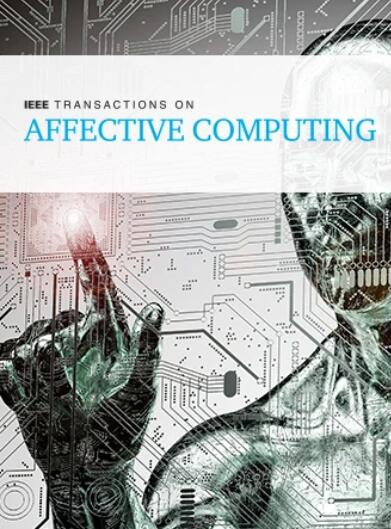从自然语言间接识别围产期心理社会风险
IF 9.8
2区 计算机科学
Q1 COMPUTER SCIENCE, ARTIFICIAL INTELLIGENCE
引用次数: 5
摘要
在围产期,心理社会健康风险,包括抑郁症和亲密伴侣暴力,与亲生父母和孩子的严重不良健康后果有关。为了进行适当的干预,医疗保健专业人员必须首先识别出那些有风险的人,然而污名化往往会阻止人们直接披露促使评估所需的信息。在这项研究中,我们使用简短的日记条目来间接获取可能表明心理社会风险的信息,然后检查风险人群语言中出现的模式。我们发现,日记条目表现出一致的主题,使用主题建模提取,以及从字典中提取的情感特征中提取的情绪视角。利用这些特征,我们使用正则回归来预测亲密伴侣的抑郁和心理攻击的筛查措施。通过主题模型和情绪特征量化的期刊文本条目显示出抑郁症预测的前景,与自我报告的筛查措施以及封闭式问题几乎一致。基于文本的特征在预测亲密伴侣暴力方面用处不大,但主题模型生成的主题与已知的风险相关性一致。这项研究中发现的间接特征有助于检测和分析污名化风险。本文章由计算机程序翻译,如有差异,请以英文原文为准。
Indirect Identification of Perinatal Psychosocial Risks From Natural Language
During the perinatal period, psychosocial health risks, including depression and intimate partner violence, are associated with serious adverse health outcomes for birth parents and children. To appropriately intervene, healthcare professionals must first identify those at risk, yet stigma often prevents people from directly disclosing the information needed to prompt an assessment. In this research we use short diary entries to indirectly elicit information that could indicate psychosocial risks, then examine patterns that emerge in the language of those at risk. We find that diary entries exhibit consistent themes, extracted using topic modeling, and emotional perspective, drawn from dictionary-informed sentiment features. Using these features, we use regularized regression to predict screening measures for depression and psychological aggression by an intimate partner. Journal text entries quantified through topic models and sentiment features show promise for depression prediction, corresponding with self-reported screening measures almost as well as closed-form questions. Text-based features are less useful in predicting intimate partner violence, but topic models generate themes that align with known risk correlates. The indirect features uncovered in this research could aid in the detection and analysis of stigmatized risks.
求助全文
通过发布文献求助,成功后即可免费获取论文全文。
去求助
来源期刊

IEEE Transactions on Affective Computing
COMPUTER SCIENCE, ARTIFICIAL INTELLIGENCE-COMPUTER SCIENCE, CYBERNETICS
CiteScore
15.00
自引率
6.20%
发文量
174
期刊介绍:
The IEEE Transactions on Affective Computing is an international and interdisciplinary journal. Its primary goal is to share research findings on the development of systems capable of recognizing, interpreting, and simulating human emotions and related affective phenomena. The journal publishes original research on the underlying principles and theories that explain how and why affective factors shape human-technology interactions. It also focuses on how techniques for sensing and simulating affect can enhance our understanding of human emotions and processes. Additionally, the journal explores the design, implementation, and evaluation of systems that prioritize the consideration of affect in their usability. We also welcome surveys of existing work that provide new perspectives on the historical and future directions of this field.
 求助内容:
求助内容: 应助结果提醒方式:
应助结果提醒方式:


